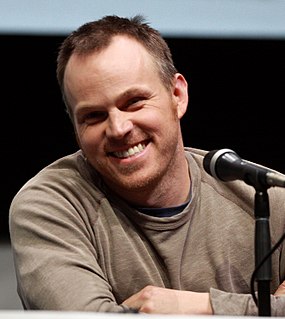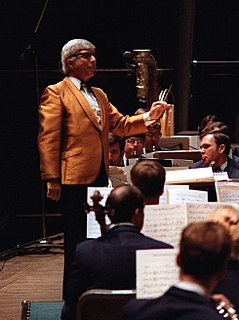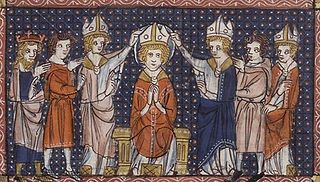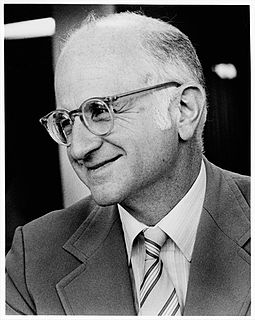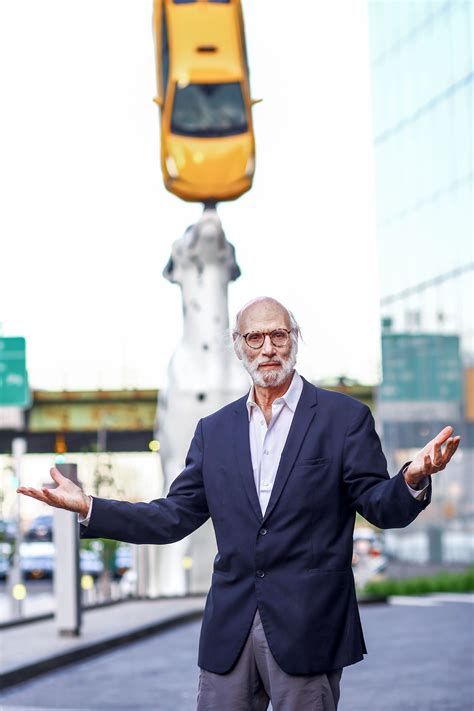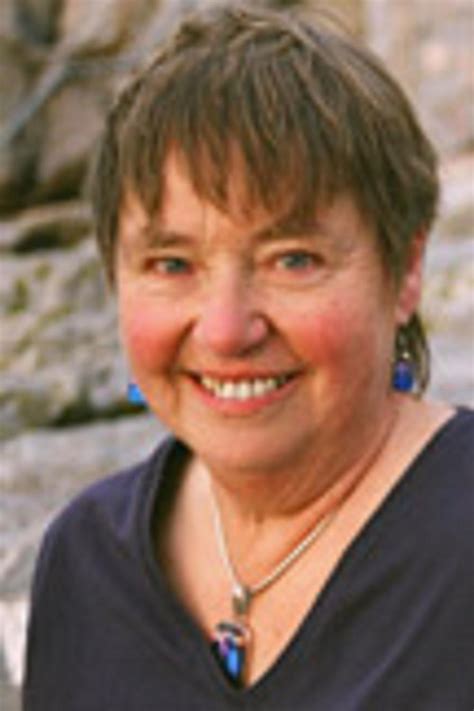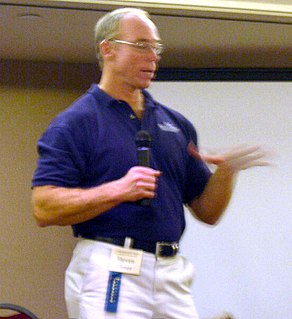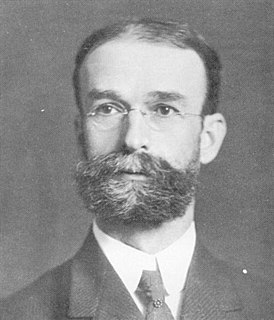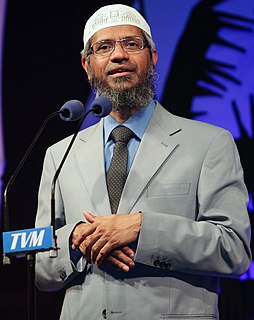A Quote by Jason Diamond
I remember my parents yelling at each other and at me from an early age, and I remember a lot of things smashing. I try to look for the happy memories from the brief time my parents were married, and I can't really recall that. From the start things were messed up, and I just kept moving through the years and trying to pick out the little bits of evidence that would help me prove to myself that it wasn't my doing. But it took finding out somebody really does love me, who's not my parents or a relative, to really know that I was loveable.
Quote Topics
Age
Bits
Brief
Does
Doing
Each
Early
Early Age
Evidence
Finding
Happy
Happy Memories
Help
Help Me
Just
Kept
Know
Little
Little Bit
Look
Lot
Love
Love Me
Married
Me
Memories
Messed
Messed Up
Moving
Myself
Other
Out
Parents
Pick
Prove
Really
Recall
Relative
Remember
Smashing
Somebody
Start
Things
Through
Through The Years
Time
Took
Try
Trying
Up
Were
Would
Years
Yelling
Related Quotes
I guess I wanted to emulate the artists that my parents were listening to when I was growing up. I've always had this affinity for folk music, and music in general, for as long as I can remember. So as soon as I could start playing shows, I did. And my parents were really supportive of me the entire time.
When my parents realized that what I liked was fashion, they gave me good advice. I remember my father telling me that I should try to do an internship. They never said, "This is a world we don't know; it might be something strange," or "That is not serious," or things like that. They always said, "Try. We'll help you. We'll send drawings to people if you want. We'll write letters for you." What I'm very thankful for is they never made me think that something was impossible. They were really, really supportive. They are still.
For me, there were a few things in the Spider-Man comics that I thought were really interesting. There's this story about Peter's parents and where he came from, and I thought that it was really interesting to explore the emotional consequence of someone whose parents had left them, at a very young age.
I do remember, one time, a man came to me after the students began to work in Mississippi and he said the white people were getting tired and they were getting tense and anything might happen. Well, I asked him "how long he thinks we had been getting tired"? I have been tired for 46 years and my parents was tired before me and their parents were tired, and I have always wanted to do something that would help some of the things I would see going on among Negroes that I didn't like and I don't like now.
Let's ask their parents. And will those children point to their parents and tell us you really need to enforce the law against my parents? Because they know what they were doing when they caused me to break the law. I don't think we've thought through this very well. But there's a reason why in the president's DACA programs he didn't grant his unconstitutional executive amnesty to the parents of dreamers.
My parents are pretty liberal. But they were just you know trying to look out for my innocence or whatever. But my babysitter had "Forever" [by Judy Blume]. And I said "Well I've read Judy Blume books, can I borrow that?" And she said no, this one's not appropriate for you. Which obviously, got me really worked up. So I took it.
Some parents were awful back then and are awful still. The process of raising you didn't turn them into grown-ups. Parents who were clearly imperfect can be helpful to you. As you were trying to grow up despite their fumbling efforts, you had to develop skills and tolerances other kids missed out on. Some of the strongest people I know grew up taking care of inept, invalid, or psychotic parents--but they know the parents weren't normal, healthy, or whole.





